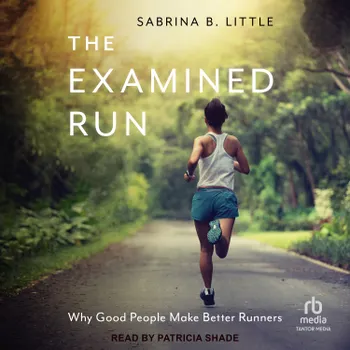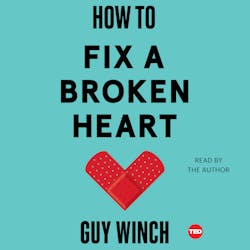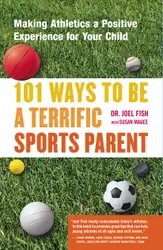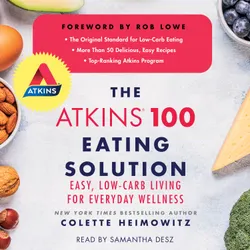Can running make me a more moral person? Can striving to be a better person make me a better runner?
In The Examined Run, philosopher and ultramarathon runner Sabrina B. Little asks whether running can be a laboratory for developing our character. She looks at the key ideas in virtue ethics—virtue, vice, exemplarism, moral emotions, and competition—and brings them into conversation with her experience in training and racing. Little pushes against the frequent conversations about ethics and sport that focus on the negative—doping and other forms of cheating or on simplistic expressions like "no pain, no gain." She argues that these ideas don't address the rich picture of how athletics inform a good life, and sport's relationship to acts of justice or courage. A good athlete is not just one who avoids cheating—rather, they perform feats of perseverance and courage, and succeed by working to develop their natural capacities. Little employs her own experiences in training, coaching, and racing in world class ultramarathons to reveal how athletics and virtue are deeply interconnected.












